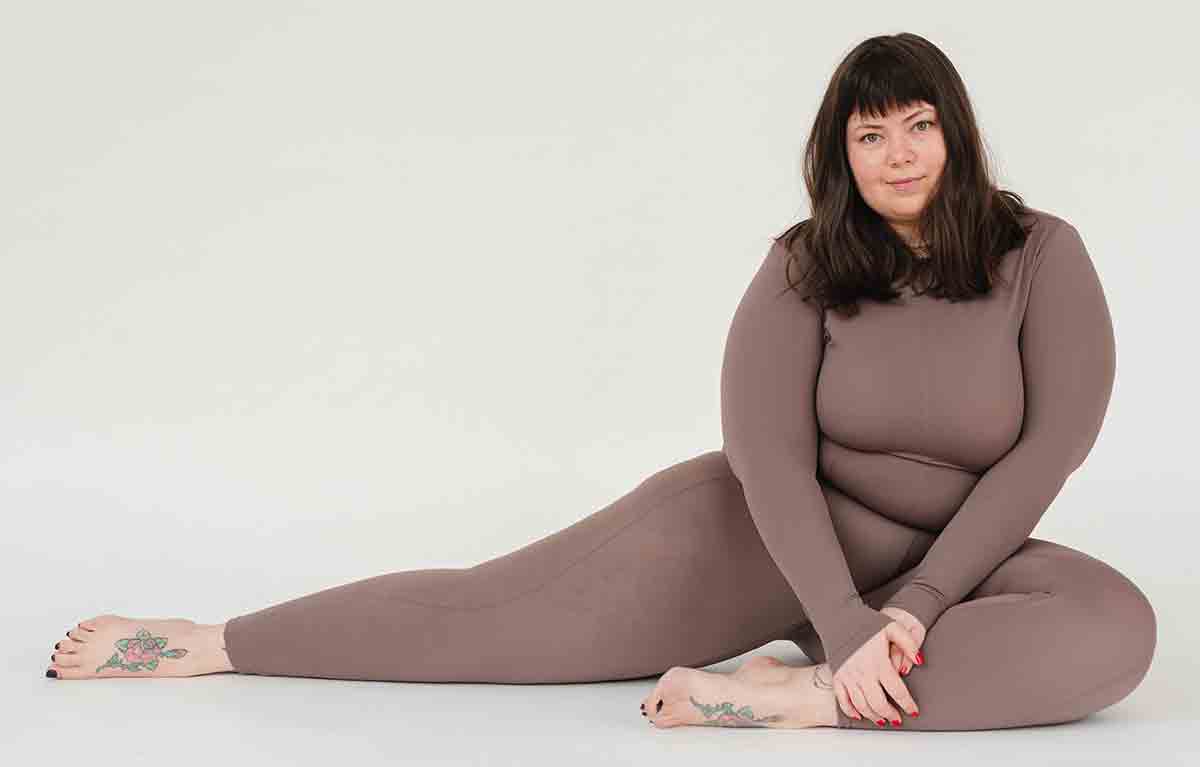
Due to localized fat and skin laxity, lipedema is often perceived as obesity or overweight. But we’re talking about different conditions.
+ Meningitis: How to Identify and Prevent the Disease
Lipedema is a chronic vascular disease much more common in women, which tends to arise during puberty, pregnancy, or after menopause. In short, there is swelling and an accumulation of fat, especially in the lower limbs.
“The fat in lipedema is usually painful and concentrates in hips, thighs, and calves. Some small nodules may also appear,” explains Andrea Ferri Catib, nutritionist, sports medicine specialist, and member of the Brazilian Society for Physiology Studies (Sobraf). “The occurrence of bruises, often even without any trauma, is common,” she adds. The patient may also experience touch hypersensitivity, ligament laxity, and very loose skin.
Other symptoms include disproportion between legs and torso, cellulite, a feeling of heaviness in the legs, and fatigue. Over time, there’s a risk of deformities and mobility issues.
According to Andrea, obesity fat is distributed more evenly in the body. It’s also removed with less difficulty through diet and physical activity, which isn’t the case with lipedema. Additionally, this condition doesn’t always come with excess weight.
“There’s probably a genetic connection, but no specific gene has been identified yet. There also seems to be a relationship with estrogen since it affects almost exclusively women, typically during periods of increased hormone levels such as puberty and pregnancy,” states Andrea. “In men, few cases reported in medical literature were in patients with liver problems or testosterone deficiencies,” she adds.
Treating lipedema requires a multidisciplinary team comprising an angiologist, vascular surgeon, nutritionist, physiotherapist, and, in some cases, a psychologist. Tests are also conducted to detect endocrine diseases that could cause similar symptoms.
According to Fernando Amato, a plastic surgeon and member of the Brazilian Society of Plastic Surgery (SBCP), surgery should be the last resort: “Only after attempting clinical treatment for a period should we consider liposuction.”
In addition to multidisciplinary care, it’s recommended to avoid excessive consumption of foods like pork and beef, processed meats, soda, alcoholic beverages, and processed products, which can intensify inflammation in lipedema. Conversely, regular exercise is highly beneficial.

